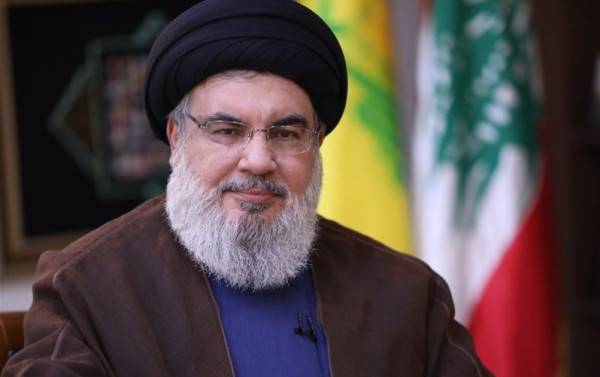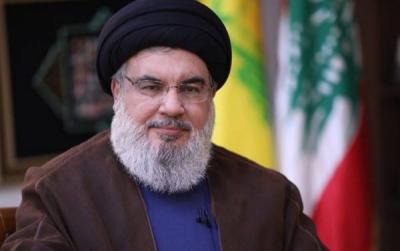There have been many questions and inquiries regarding the reasons behind the recent statement by Hezbollah Secretary-General Hassan Nasrallah, asserting that if a ceasefire were to occur in the south, it would be the Lebanese state responsible for negotiating and providing answers. He denied that there was a ready agreement regarding the situation in the south as rumored, and the objectives behind this stance, as reported by "Al-Liwaa".
Political sources indicated that there are several reasons prompting Nasrallah to take such a stance. One reason is to respond to claims and campaigns alleging that Hezbollah is overrunning the role of the state and negotiating on its behalf related to any agreement with Israel aimed at calming the situation and establishing security and stability in the south. This stance attempts to create a general impression, both domestically and internationally, emphasizing the state's role in negotiations and clarifying that there is no intention or desire on Hezbollah's part to bypass this role. Everything said to the contrary is deemed incorrect.
Nasrallah’s insistence on limiting the responsibility of negotiations with the Israeli side, even if mediated by the U.S. as has been the case since the negotiations began months ago, does not diminish the established realities of the negotiations in Lebanese people's minds, where the state plays a marginal, rather than decisive, role as would be required based on Lebanon's supreme interests, not in favor of Iran or any other regional or international entity. Notably, the party has completely ignored the existence of the state and its institutions and responsibilities, having opened a southern front based on a pure Iranian decision.
The second reason, according to the same sources, is to deny circulating reports about reaching a nearly finalized agreement concerning the south, independent of the military confrontation ongoing between Hezbollah and the Israeli occupying forces. Such an agreement, reached before a ceasefire, would implicitly mean resolving outstanding issues, which would contradict the continuation of intense confrontation in the south. Simultaneously, the secretary-general of Hezbollah reaffirmed that the fate of the ongoing military confrontation in the south determines the fate of any agreement reached.
The most critical reason for giving the state exclusive negotiation rights in the south is to preempt discussions about the possibility of reaching an agreement that falls short of declared ambitions, similar to the maritime border delineation agreement between Lebanon and Israel, concerning concessions on some demands and deferring contentious points to an uncertain future. This scenario implies assigning the Lebanese state the responsibility for any agreement formulated in this manner, while minimizing the party’s accountability for any such arrangement that does not meet expectations or the slogans and titles under which the confrontations have occurred since the "Flood of Al-Aqsa" operation until today.
In conclusion, Nasrallah’s confirmation of the state's role in negotiations with Israel in the south does not absolve the party from any agreement reached. This is particularly relevant as Hezbollah's continuous transgressions of this role at all levels of power overshadow everything else. Although the obstruction of the presidential election has been the most highlighted issue, the underlying goal is to hide behind the state, anticipating any unexpected surprises, as stated by "Al-Liwaa".




